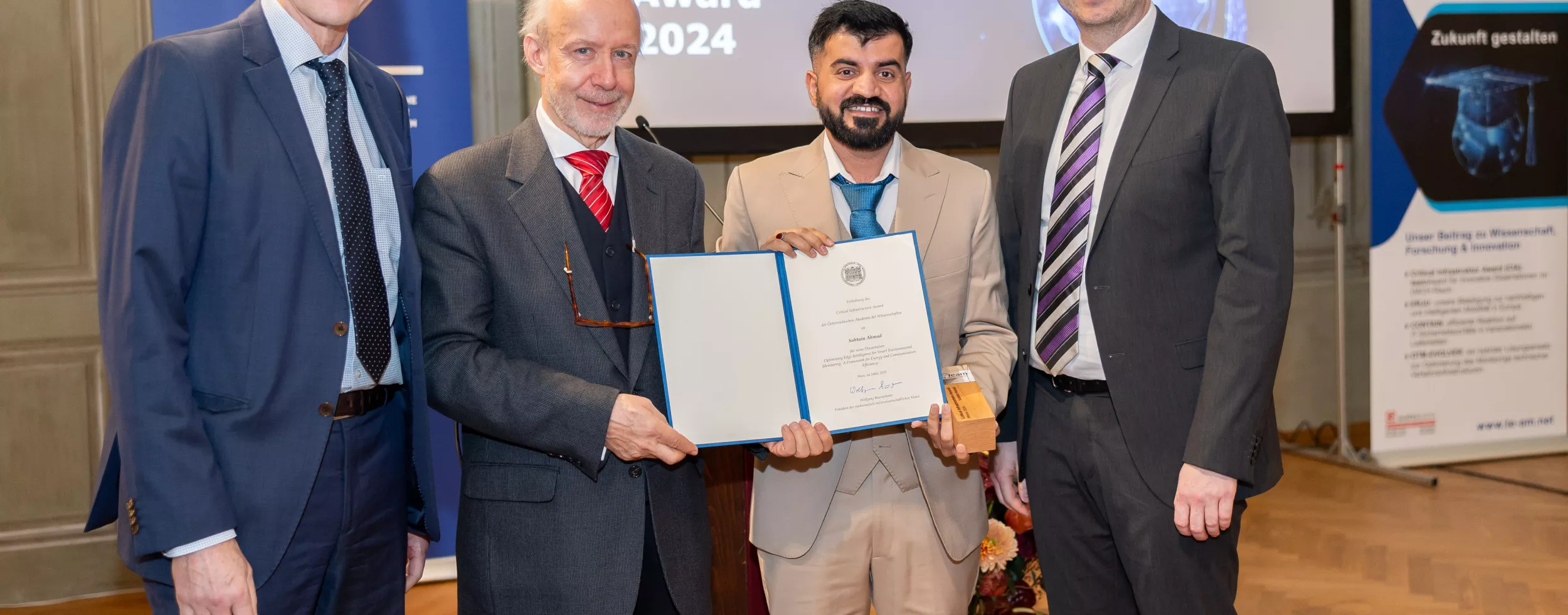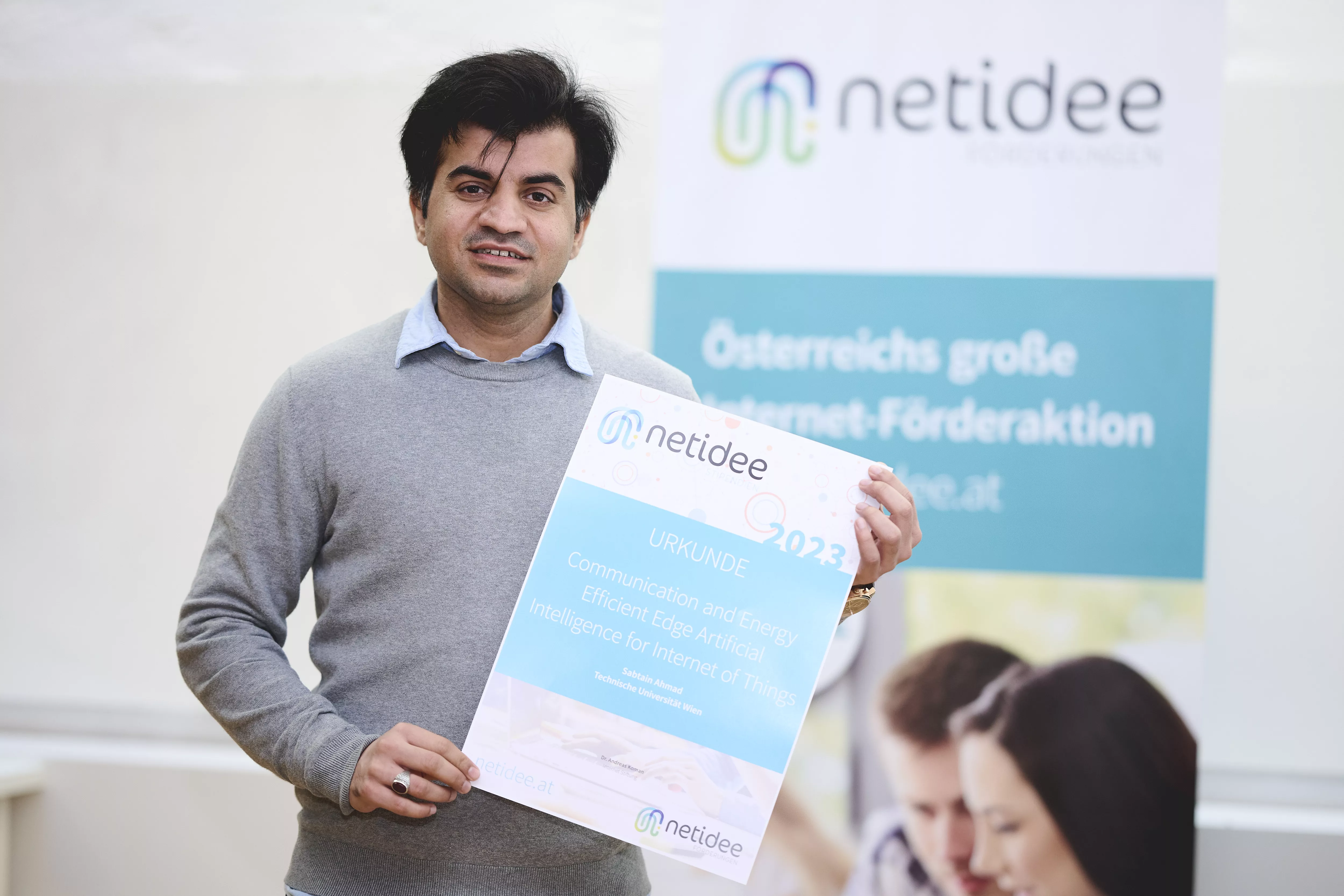
Förderjahr 2023 / Stipendien Call #18 / ProjektID: 6801 / Projekt: Communication and Energy Efficient Edge Artificial Intelligence Framework for Internet of Things
Sensor-rich power grids, transport networks, and smart cities generate terabytes of data every day; shipping all that data to a distant cloud adds significant latency and burdens the scarce back-haul links. By processing data where it is produced and bringing intelligence closer to the source of data have far reaching implications for time-sensitive applications where even a minor delay of a few seconds in decision making can have severe repercussions.
My Research at TU Wien:
My PhD research at TU Wien tries to answer this fundamental multi-objective research question; how can we bring intelligence closer to the source of data without compromising the integrity and security of the underlying system while ensuring the Edge AI system scales to hundred and thousands of devices/sensors.
Traditional SCADA systems poll devices in cycles of seconds; edge nodes equipped with lightweight neural models bring that down to real time, enabling predictive maintenance instead of reactive repairs. Additionally, since grid telemetry can expose consumption profiles or commercial secrets, we train models collaboratively but without exchanging raw data. Federated learning (FL) keeps data on-premise, aggregating only encrypted updates; a technique now viewed as critical for national-security-grade AI deployments.
In energy networks, for instance, edge agents can stabilize a grid flooded with rooftop PV or EV chargers by acting on millisecond-level voltage anomalies before they propagate. Similar patterns apply to rail signaling, pipeline monitoring, or emergency-response radio networks.
Over the past four years at TU Wien I have been exploring how Edge AI and FL can bring real-time intelligence, energy efficiency, and privacy to Austria’s most critical infrastructures; from power grids and water networks to autonomous transport. That journey has now been recognized with the Austrian Academy of Sciences (ÖAW) Critical Infrastructure Award 2025.
The Critical Infrastructure Award honors young scientists whose work strengths the safety of energy, transport, and telecom systems. The 2024 jury cited the project’s blend of technical innovation and societal impact as a decisive factor. Being selected among Austria’s top PhD works and joining earlier laureates working on PQ-crypto and resilient networks encourages me to push the research into pilot deployments with utilities next year.
I owe huge thanks to my supervisors at TU Wien, the ÖAW jury, and the Netidee community whose emphasis on openness keeps academic ideas accountable and useful. If this research resonates with your infrastructure challenges, let’s connect; whether for a pilot, a code contribution, or simply a coffee
P.S. For more background, visit TU Wien and the official Award page.


